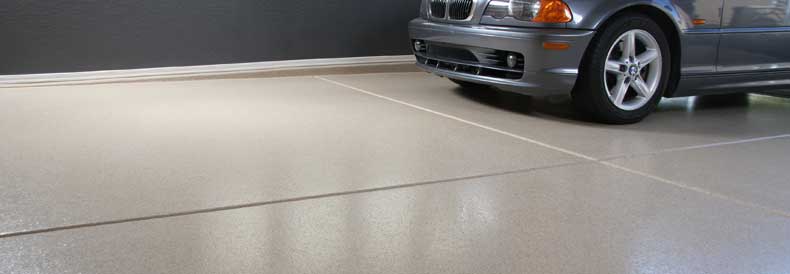Tips & Tricks For
Keeping Your Basement Dry

Basements are known for being dank, damp places that are prone to flooding and leaks. It is important to keep your basement as dry as possible though in order to protect your home from the severe damage that water can cause. Keeping your basement dry will help to avoid structural damage and expensive home repairs.
Also, a damp basement is susceptible to mold and mildew growth as well as other harmful bacterias and fungi that can lead to asthma and other serious health problems for you and your family.
Here are some tips for keeping your basement dry:
Basements are known for being dank, damp places that are prone to flooding and leaks. It is important to keep your basement as dry as possible though in order to protect your home from the severe damage that water can cause. Keeping your basement dry will help to avoid structural damage and expensive home repairs.
Also, a damp basement is susceptible to mold and mildew growth as well as other harmful bacterias and fungi that can lead to asthma and other serious health problems for you and your family.
- Keep water away from your foundation. Sometimes the landscaping and grading around your house can be the culprit for excess water in your basement. Be sure that the ground slopes away from your home and that water is not puccling anywhere on the outside next to your foundation. It is also important to check your downspouts and gutters to ensure that rain water is being directed away from your house. Or, if you do not have gutters or downspouts, it may be time to consider having some installed.
- Seal interior walls and floors. Another way to keep your basement as dry as possible is to apply a waterproof sealer to the walls and floors, particularly to bare concrete or masonry. You can even choose waterproof paint when it comes time to add a decorative element to your basement.
- Invest in a dehumidifier. Basements almost always have a tendency to be more humid and to hold more water than other parts of the home. The best say to curtail this problem is to buy a dehumidifier. Mold can be prevented by keeping the humidity between 30% and 50%.
- Patch holes and cracks early. The tiniest crack in your foundation is all that it takes for water to make its way into your home. These can be an open invitation for water to enter your home. Keep in mind that larger cracks may be an indication of more severe structural issues.
- Insulate water pipes. Many homeowners choose to insulate pipes in extreme cold conditions in order to keep the pipes from bursting and to reduce heat loss. Cold water pipes often develop condensation that will lead to dripping and excess moisture in your basement. When you insulate your water pipes this may be avoided. Foam insulation is very affordable and simple to cut and install. For the few minutes it takes to cut and install inexpensive foam pipe wrap, it is a great investment to protect your home and basement.
Although it is impossible to keep your basement completely dry, these tips may be a good start for decreasing the amount of moisture that may build up in your basement. Water in your basement can be a costly disaster. Whether from flooding or chronic damp air, clean up and repair costs can be high when it comes to water damage. The best way to keep your basement dry is to take action now.
